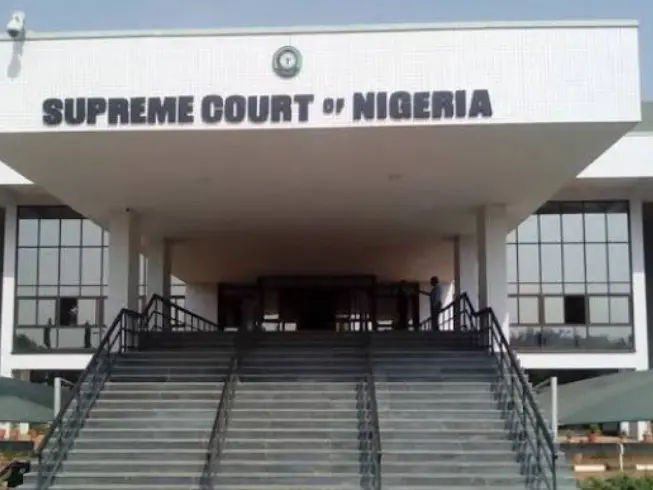The recently appointed chairmen and members of the Caretaker Committee in the 23 local government councils in Rivers State seem to be totally oblivious to the recent Supreme Court judgment affirming the illegality of the caretaker committee system in the administration of the local government areas.
All of them are preoccupied with dispensing the perks of their new offices, seemingly competing to see who can appoint the most aides, ranging from 300 to as many as 1,000, for an interim period expected to last no more than three months. Their actions clearly reflect either a lack of understanding of the implications of the Supreme Court judgment or an unwillingness to comply with it.
The CTC members were appointed in June after the expiration of the three-year tenure of the immediate past elected chairmen and councillors of the local government areas, and the inability of the Rivers State Independent Electoral Commission (RSIEC) to conduct elections at the third tier of government.
Days after Thursday’s Supreme Court judgment on the autonomy of local governments, the newly appointed Caretaker Committee chairmen have not commented on the judgment as it concerns them. Instead, they continue to announce the appointment of hundreds of special and personal aides.
Their other concern is the continued occupation of the local government secretariats by the police, despite another high court judgment last week nullifying the extension of the tenure of the former elected local government officials by a Port Harcourt High Court.
Meanwhile, reacting to the judgment, Enefaa Georgewill, Chairman of the Rivers State Coalition of Civil Society Organisations (RIVSCO), described the Supreme Court judgment as a victory for democracy. However, he wondered on which account funds meant for the local government areas should be paid, demanding that the apex court provide further clarification on the judgment.
He observed that, at the moment, the local government allocation is paid into a joint account with the state governments, and questioned which account the money would now be paid into following the judgment.
The RIVSCO chairman said, “Which account will the money be paid into, bearing in mind that we have 20 states or thereabouts that are currently running CTC across the country? Should it be paid to the specific local government chairman’s account, or are we still going to use the old law empowering the state governments to set up joint accounts?
“For us, the Supreme Court should, in addition to the judgment, instruct the National Assembly to amend the law to accommodate the issues of conducting elections and creating accounts.”
He also charged citizens to hold the local government chairmen accountable to avoid the misappropriation of funds. Georgewill stressed, “The National Assembly should ensure that the amendment is done so that the ordinary people can enjoy the proceeds of this judgment. Our people should equally wake up from their slumber to hold local council officials accountable.
Because it’s not enough to give this money to the local governments; again, so that we don’t create other emperors at the local level, people should wake up to their responsibilities and hold erring local governments to account.”
On his part, a constitutional lawyer in Rivers State, Henry Ekine, stated that the judgment contradicts the constitution of the country, saying that the constitution provides for a joint account for states and local governments from the federation account.
ALSO READ:No one can stop Gov Alia’s second term — Ex-sen Gemade
He also called for the amendment of the constitution to address the issue of joint accounts between the state governments and the local government areas.
He said, “The judgment of the Supreme Court will run contrary to the provision of Section 162, particularly subsection 5 of that constitution, because that subsection 5 of Section 162 is to the effect that funds that are accruable or are to be credited to the account of the local government—recall that Section 162(1) is to the effect that every fund accruable to the Federal Government shall be credited to the federation account and from there it shall be distributed to the three tiers of government.
But the worry here is that while the federal government and state government representatives sit at the account and allocation committee and distribute the money, the federal government takes its money, the states take theirs, and the constitution subsection 5 is extant, providing that the share of the local governments should be allocated to the state to be returned for the benefit of the local government. So if we have not amended that provision, then it means there will be some sort of conflict.”
Also, the immediate past chairman of Obio/Akpor Local Government, George Ariolu, described the judgment as a victory for democracy. He said the judgment will foster development in local government areas in Nigeria.
“It’s a victory for democracy, not just for Rivers State but for the entire country, because that is what is retarding development at the third tier of government,” Ariolu stated.

